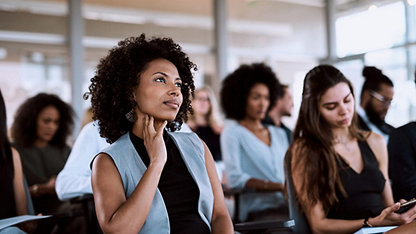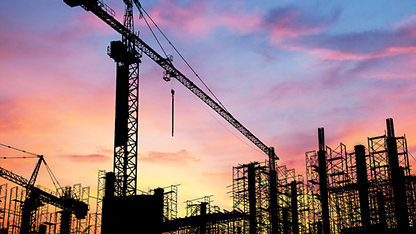In March 2020 the way in which we conducted everyday activities changed. A Lockdown was imposed, businesses shut, and lives were put on hold for what we thought would be a couple of months. Now almost twelve months later, we are still waiting on the pause button to be released.
Despite being on pause, we have realised life goes on…things happen and somehow, they need to get sorted.
While we would all like to think the glass is half full in times like these, ultimately disagreements are going to happen. Whether it is in a family relationship or a building contract, disputes are inevitable in every walk of life, and getting to a resolution can become costly; both emotionally and financially.
Over the past forty years, alternative dispute resolution (ADR) methods have become ever more popular as a means to settle disputes about land, property and construction, without having to go to court. Courts are overrun, costly and it takes a long time to get a decision, and now COVID-19 has further complicated the situation.
It is now common practice within family disputes for mediation to take place during the disagreement. For example, English singer-songwriter, Adele has been reported to have settled her divorce using mediation to keep things amicable. Can this type of ADR be used in other types of disputes? Well why not? Mediation allows the parties to explore the issue and aims to get to the root of the problem with the benefit of both parties (in most cases) walking away with a mutual agreement.
However, one important question parties ask is what the difference between negotiation and mediation, and why would mediation be better suited?
Negotiation is a process where both parties (or their representatives) ‘sit down’ and discuss options for their dispute to be resolved. Mediation is a step further and includes an independent third-party to facilitate the negotiations and help the parties work through their issues and towards a settlement. In both cases, the outcome of the dispute very much remains in the hands of the parties. Mediation can be used when relationships are, or are close to, breaking down, when emotions and/or stakes are high. The mediator works as an intermediary between the parties asking questions exploring the fundamental issues in the dispute, reality testing possible solutions and then working to reach a settlement both parties can adhere to. In some cases, evaluative mediators may be used to help both parties appreciate their relative positions and draw on the mediator’s specialist knowledge of the dispute subject area to further help the parties come to a settlement.
Mediation can also offer alternative solutions which are not within the courts ability to grant as the courts available remedies are mainly concerned with absolute legal rights rather than what is fair and reasonable.. Mediation is more flexible, and creative solutions can be brought to the table, which go outside of these normal parameters, i.e. apologies and negotiations on future business relationships, or agreements to handle a situation rather than just compensation. The full settlement agreement, achieved with the help of a mediator, can be drawn up as a contract to ensure compliance or, if litigation proceedings have already commenced, a cessation of proceedings with a consent order (Tomlin Order) that will ratify the parties’, and enable them to enforce their agreement.
During COVID-19, the typical method of face-to-face mediation has just not been feasible. More and more mediators are embracing video conferencing to enable mediations to continue. We are all becoming breakout room ‘specialists’ and the catchphrase of the past 12 months must be “you’re on mute”. But how does this affect mediation going forward? Many in the industry believe video conferencing is the new norm. Far fewer mediations will continue face to face, and perhaps only when parties expressly want/need this.
Online mediation can open mediation to a larger audience, including international disputes where parties are based in different parts of the world, or just on opposites sides of the same country.. It can also mean a significant cost saving for all involved as there is no added expense of room hire and travel. All that is required is a computer, internet connection and the willingness to talk and try to reach a solution.
The future, as with everything at the moment, is constantly changing. However online mediation may be the way forward for businesses and individuals to resolve matters quickly, cost effectively and in a safe manner as the new ‘post-COVID’ world emerges.
- Frankie Shorter is DRS Projects & Engagement Specialist at RICS
Mediation Training Programme
This online course will prepare you to mediate the most complex disputes to the highest standards across land, property, construction and infrastructure.













